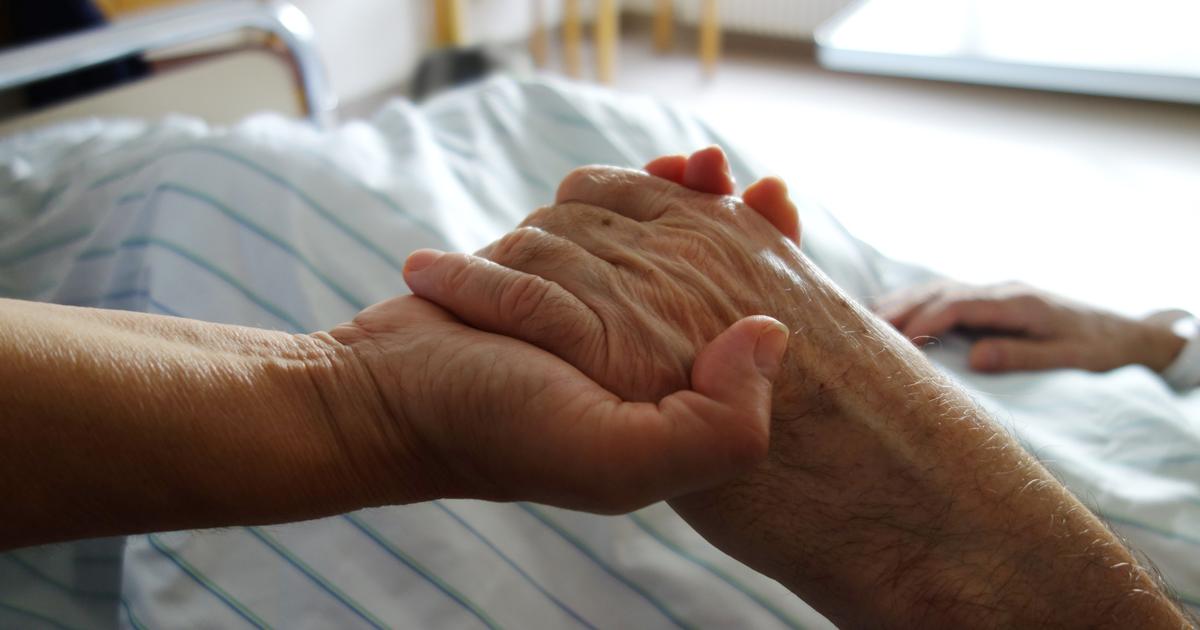The traveling exhibition “Euthanasia in the district” can be seen in Gauting's town hall until May 10th.
There are numerous local references.
Gauting
– When the National Socialists came to power in 1933, it suddenly became extremely dangerous for everyone who did not conform to the official image of man.
Jews, homosexuals, Sinti and Roma, political opponents and many others had to reckon with persecution.
The touring exhibition "Euthanasia in the district" by district archivist Friederike Hellerer, which can be seen in Gauting's town hall until May 10, focuses on a group of victims that has so far hardly been noticed - the physically and mentally handicapped.
They were denounced as "a life not worth living" and systematically murdered.
50 euthanasia deaths are documented in the district, 200 people were forcibly sterilized, about ten of them in Gauting.
Mayor Dr.
It was important to Brigitte Kössinger that the community face up to the difficult issue.
"We stand for openness, tolerance and diversity," she said.
It is all the more important to remember times when these values "were trampled on".
Even if none of the 50 confirmed euthanasia deaths in the district came from Gauting, it was important not to forget the victims.
Three of the seven panels in the foyer of the town hall are dedicated to people whose fate Hellerer was able to reconstruct against all odds.
"I see it as my job to give them a face and a voice," she said at the opening on Thursday.
In the lecture that Herrschingerin gave at the opening on Thursday evening, she made it clear how difficult the research had been.
The National Socialists destroyed a lot of incriminating material in the last days of the regime.
Even in the families there is sometimes still a great deal of silence about the victims, partly out of guilt because the relatives could not be protected.
But the work in the archives was not easy either: the state archives in Munich, for example, threatened her with legal consequences if she published the names of those who had been sterilized.
But she doesn't want to let that stop her.
With the backing of District Administrator Stefan Frey, she will soon name the victims on a website.
There is no documented case for Gauting
The Nazis also proceeded with shocking thoroughness in the persecution of disabled people.
As early as July 1933, the "Law on the Prevention of Hereditarily Disordered Offspring" came into force.
"We had that in the drawer," says Hellerer.
As a result, the new rulers set up six killing centers.
At the same time, patient forms were collected from practices in the Reich, which were then quickly examined by a committee of doctors.
"No one has personally looked at the people who were sent to their deaths." The sick people who were dependent on public care were particularly at risk - and consequently cost money.
How Maria Mader, who was born in Herrsching in September 1917, never recovered from brain inflammation and was gassed in the spring of 1941 in Hartheim Castle near Linz.
When the Bishop of Munster, Clemens August von Galen, gave a well-received sermon against the euthanasia program in August 1941, a new phase began.
Not that the Nazis stopped killing.
But now it was killed in a decentralized manner.
For example in Haar, where they have specialized in giving the inmates only "starvation food".
In other words: let them starve.
Or leaving her in her excrement until it was over.
As far as Gauting is concerned, no euthanasia deaths are documented.
At least not yet, the research continues.
What is clear, however, is that almost ten Gautinger residents had to undergo forced sterilization.
The men had to go to Nußbaumstrasse in Munich, the women to the Maiklinik.
Even pregnant women were not spared, many lost their unborn children.
Friederike Hellerer believes that none of this should be forgotten.
“In Baden-Württemberg, stumbling blocks are laid for these victims.
We should also consider something similar.”








